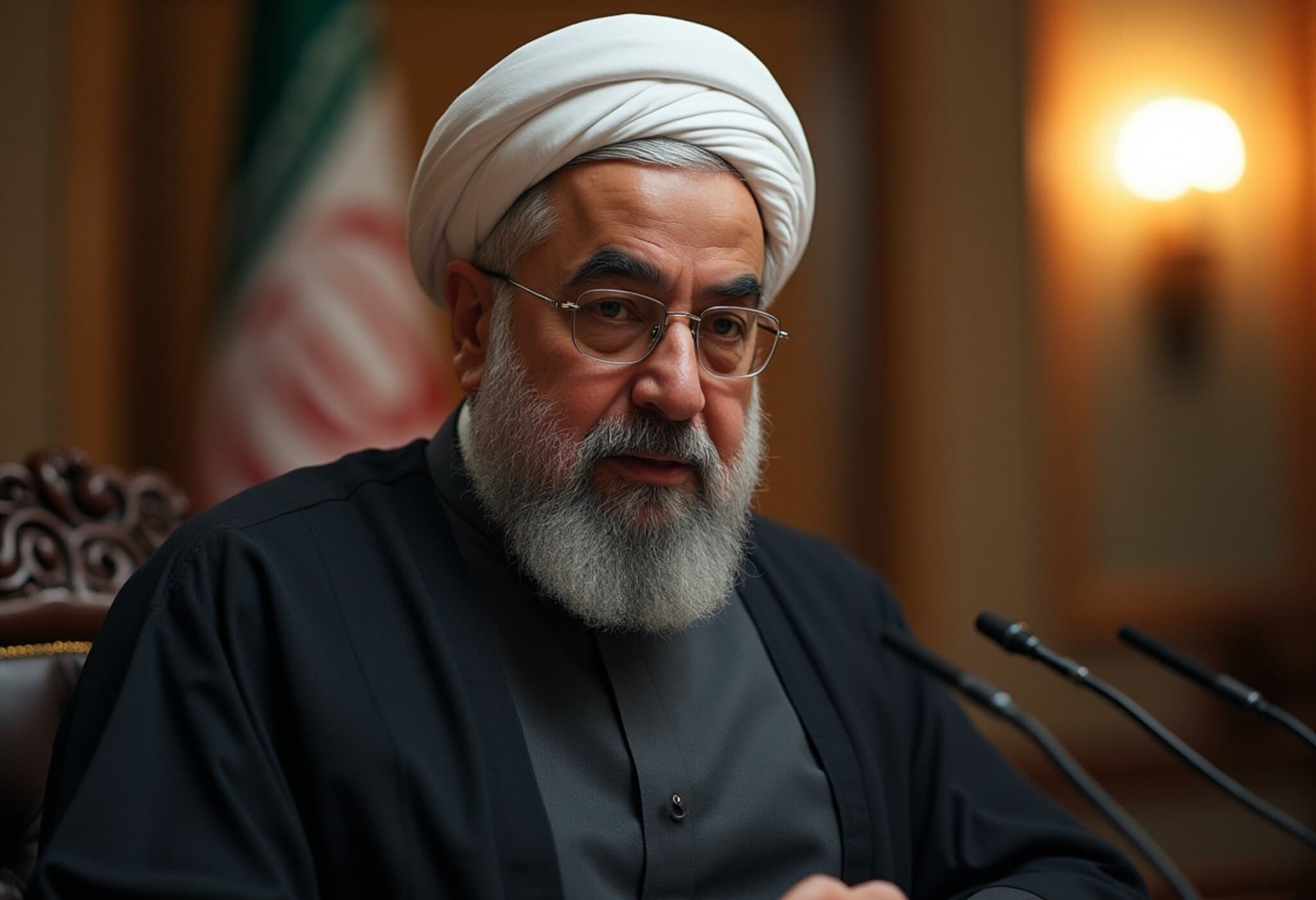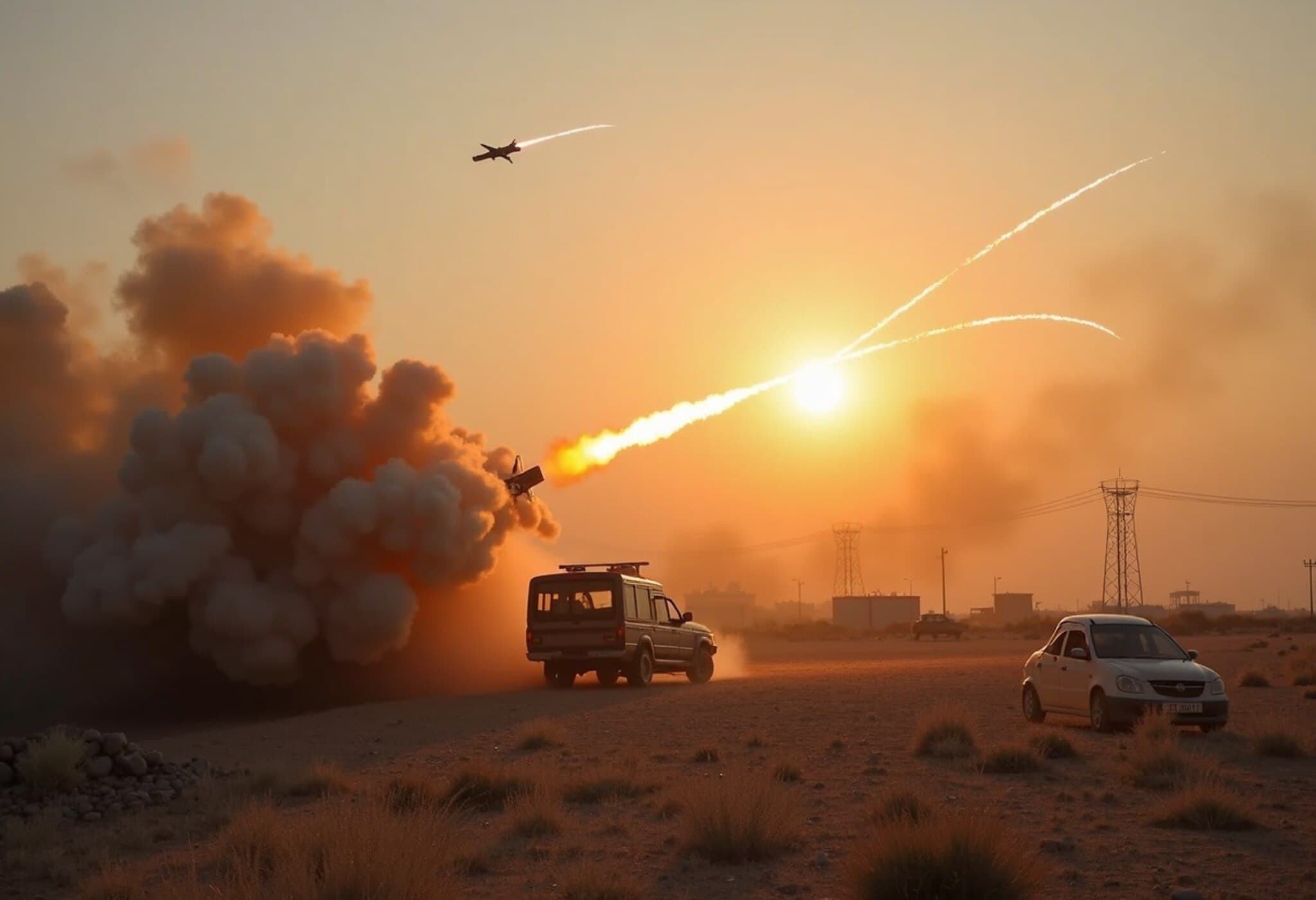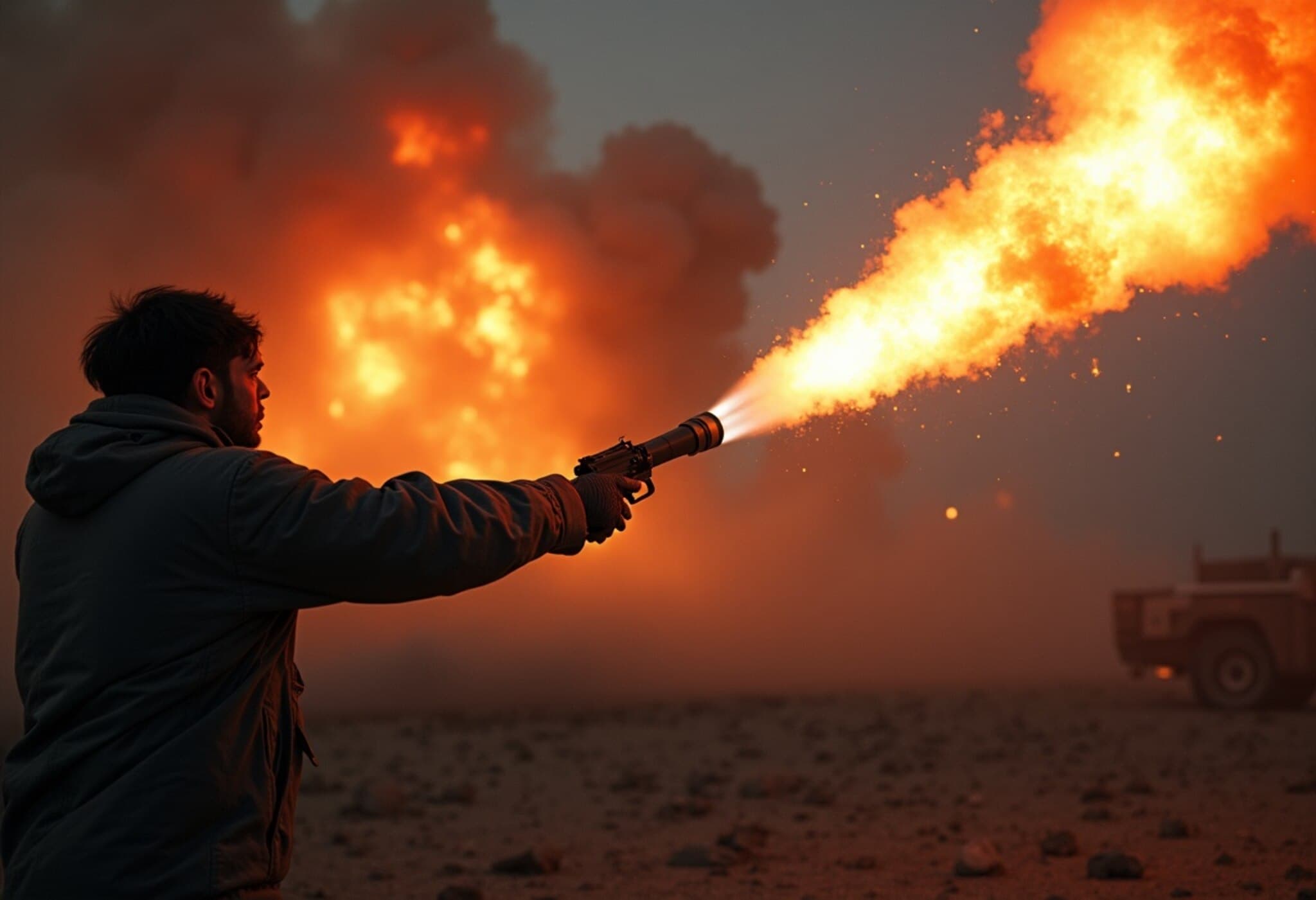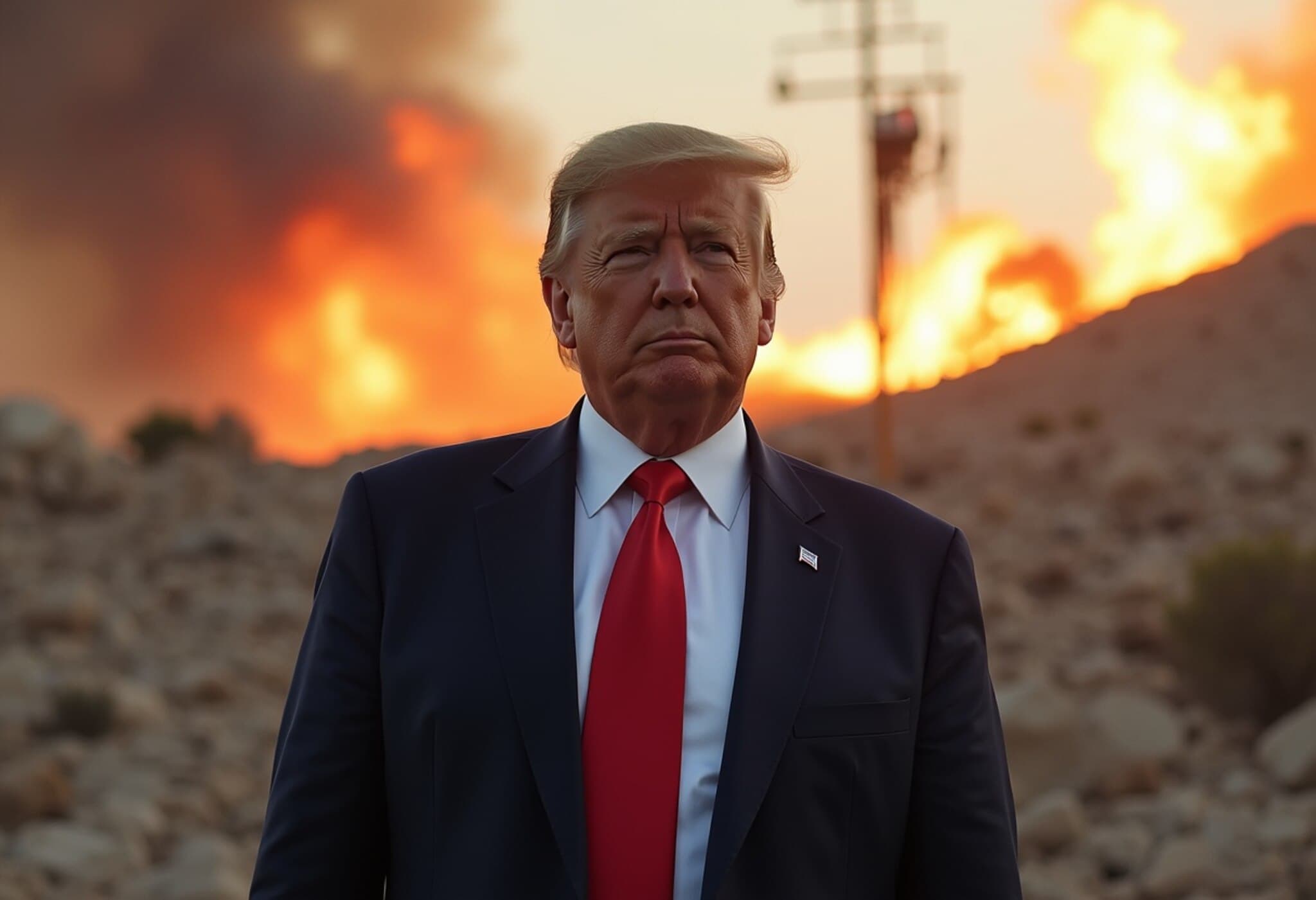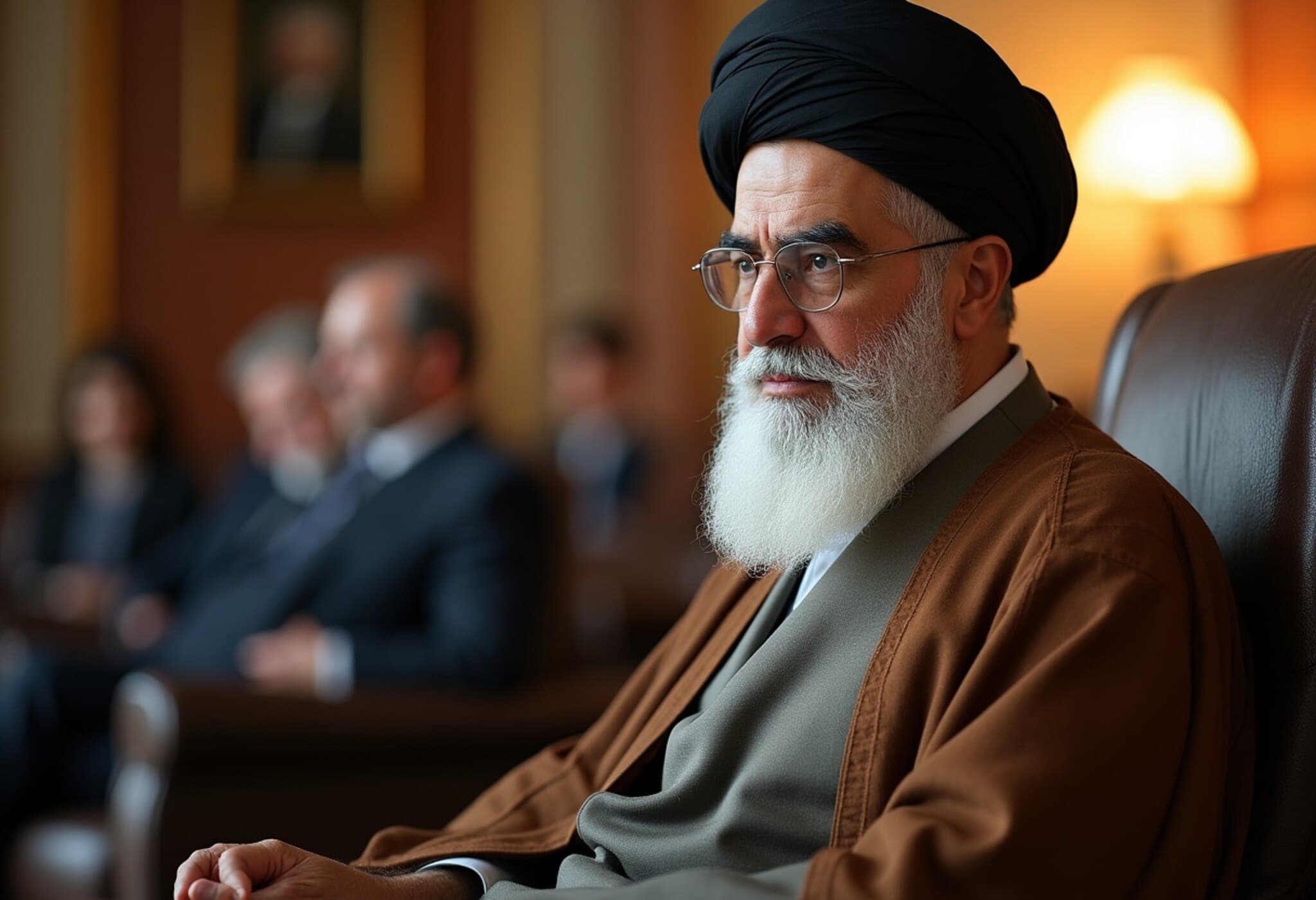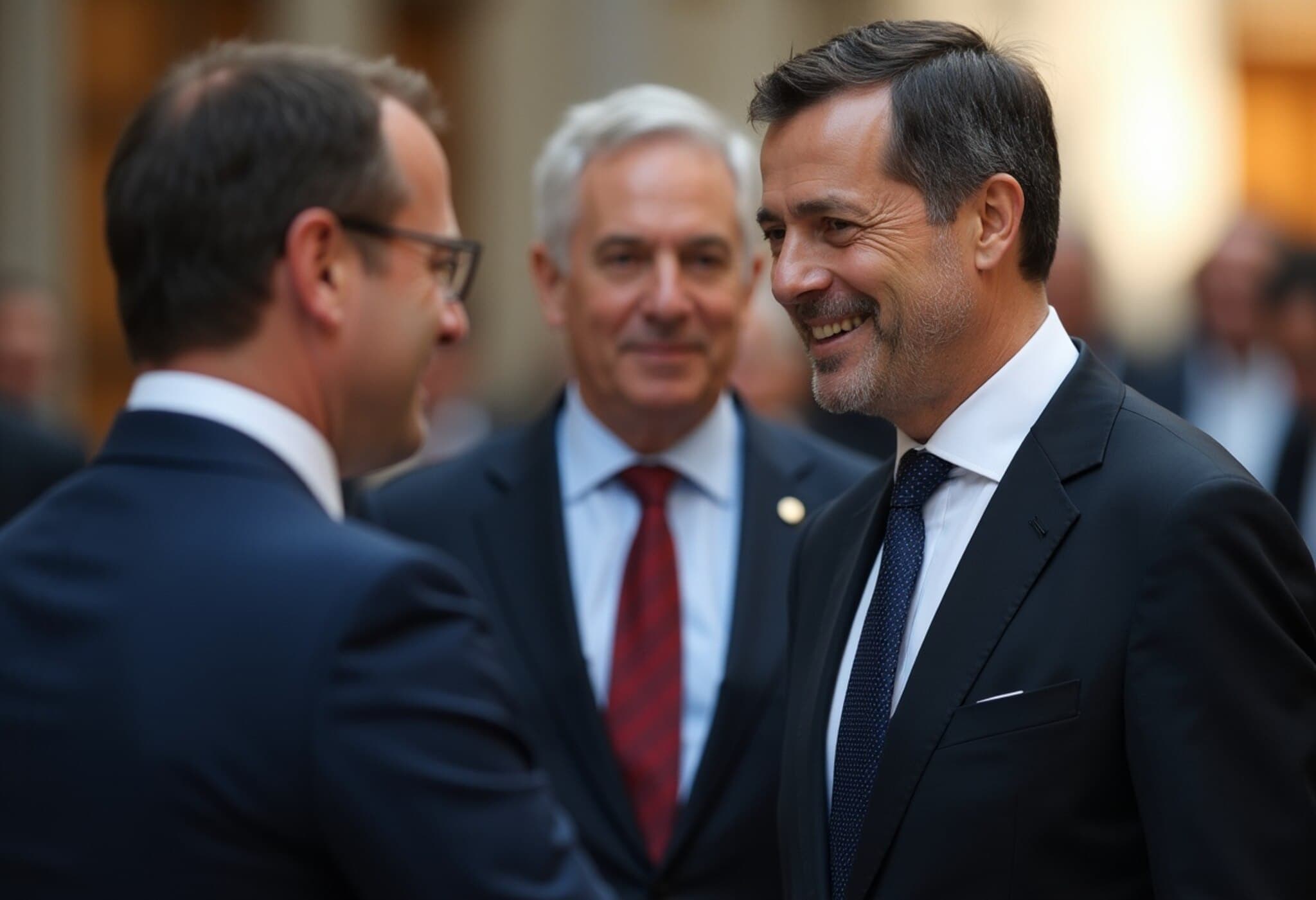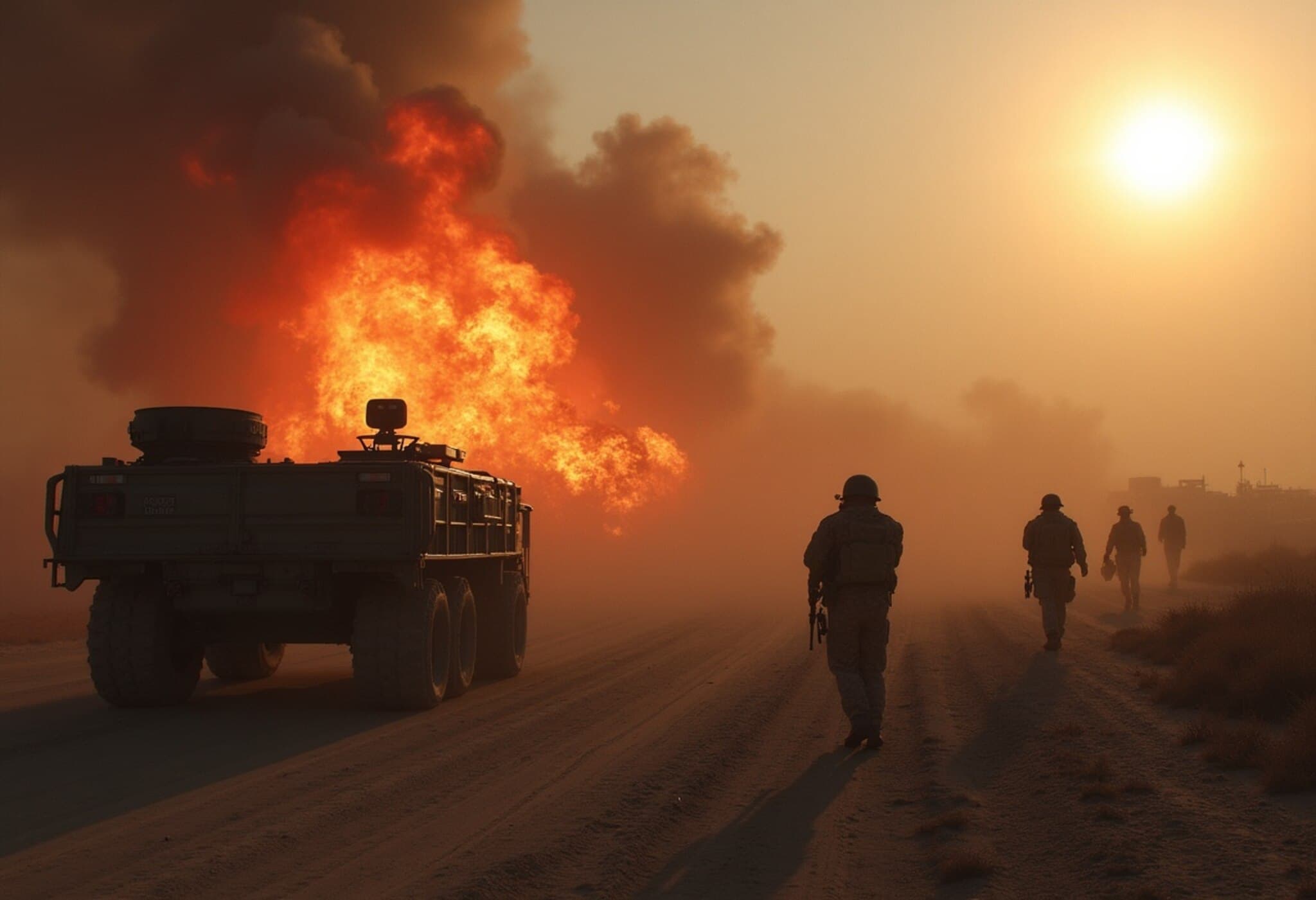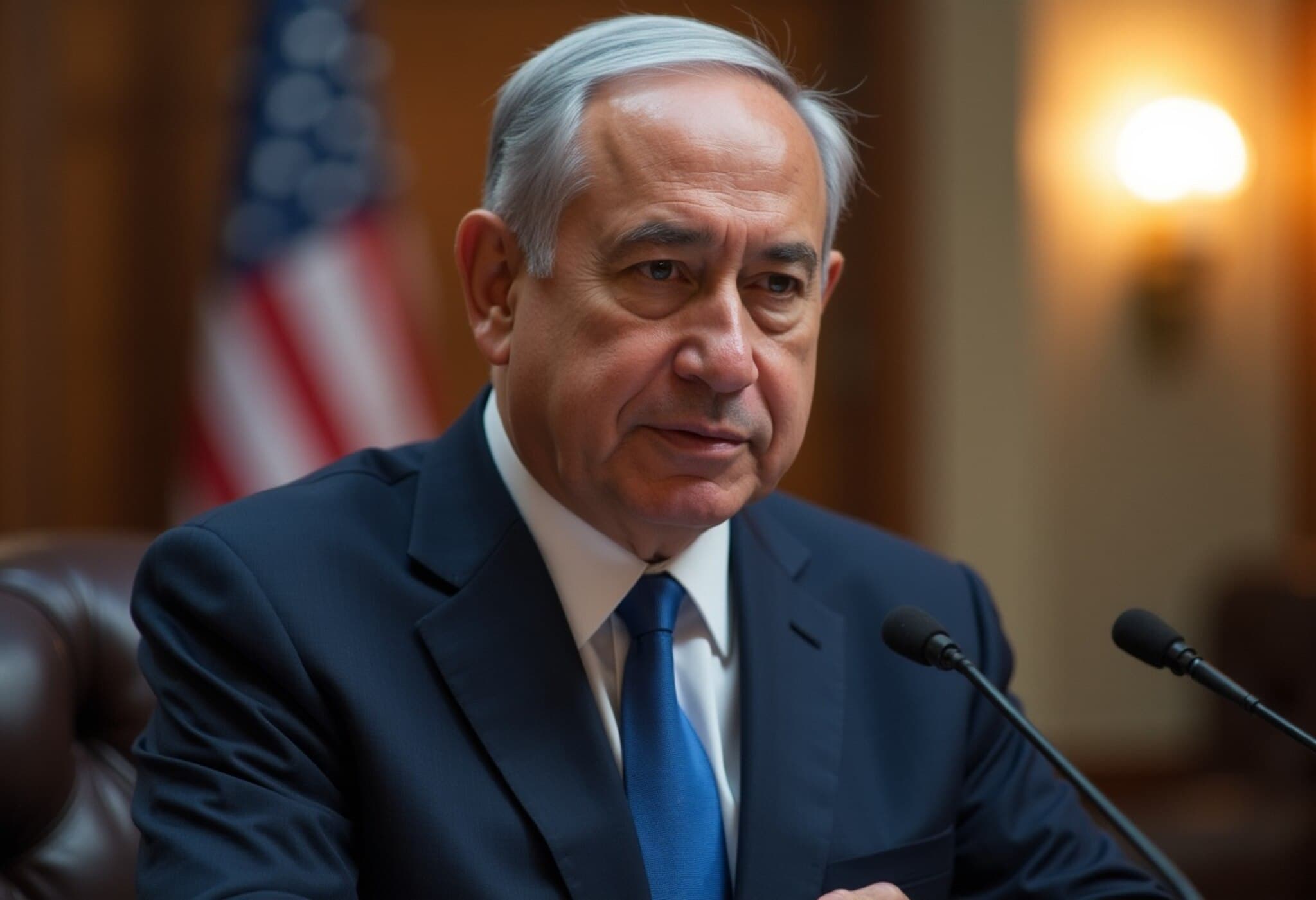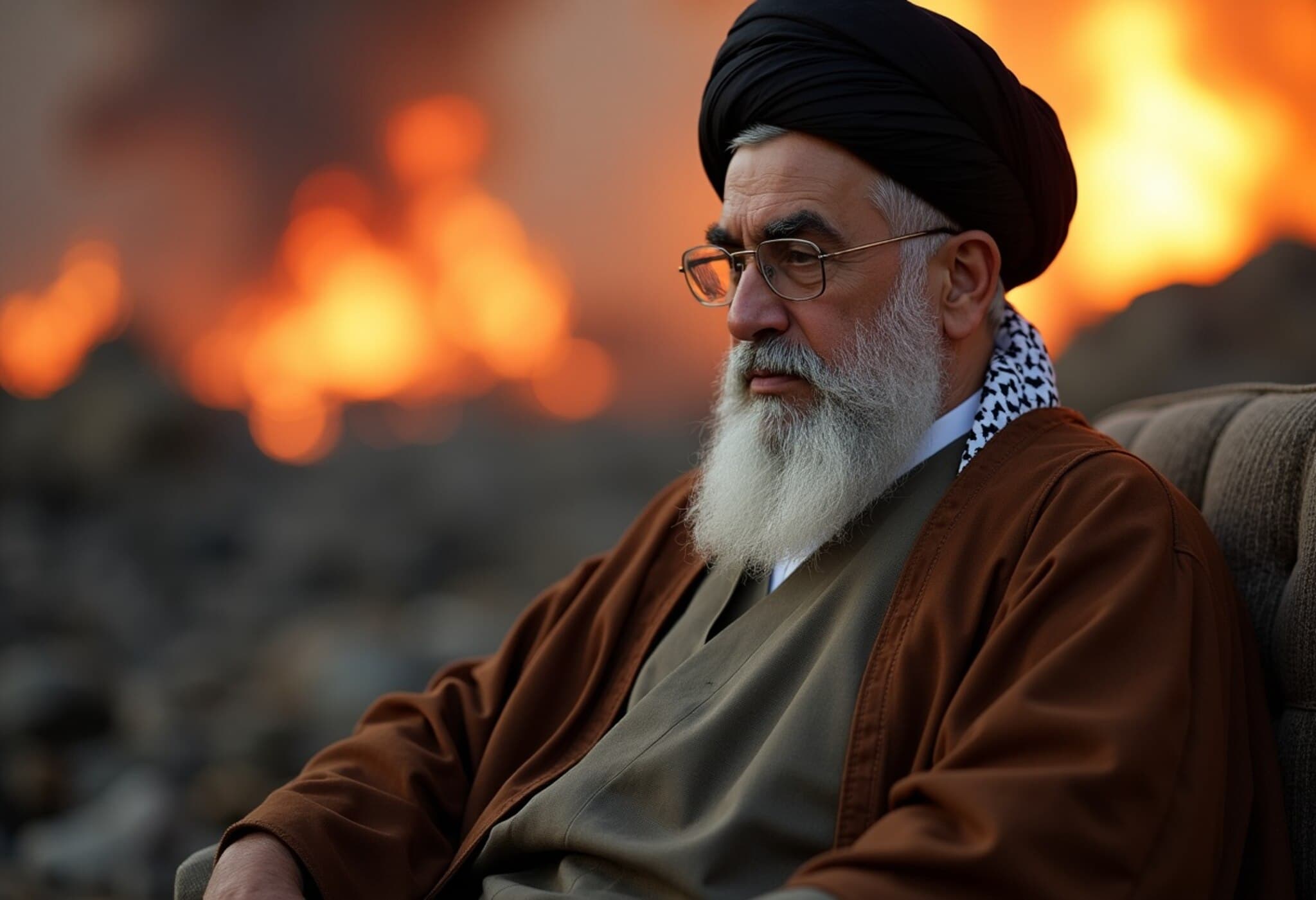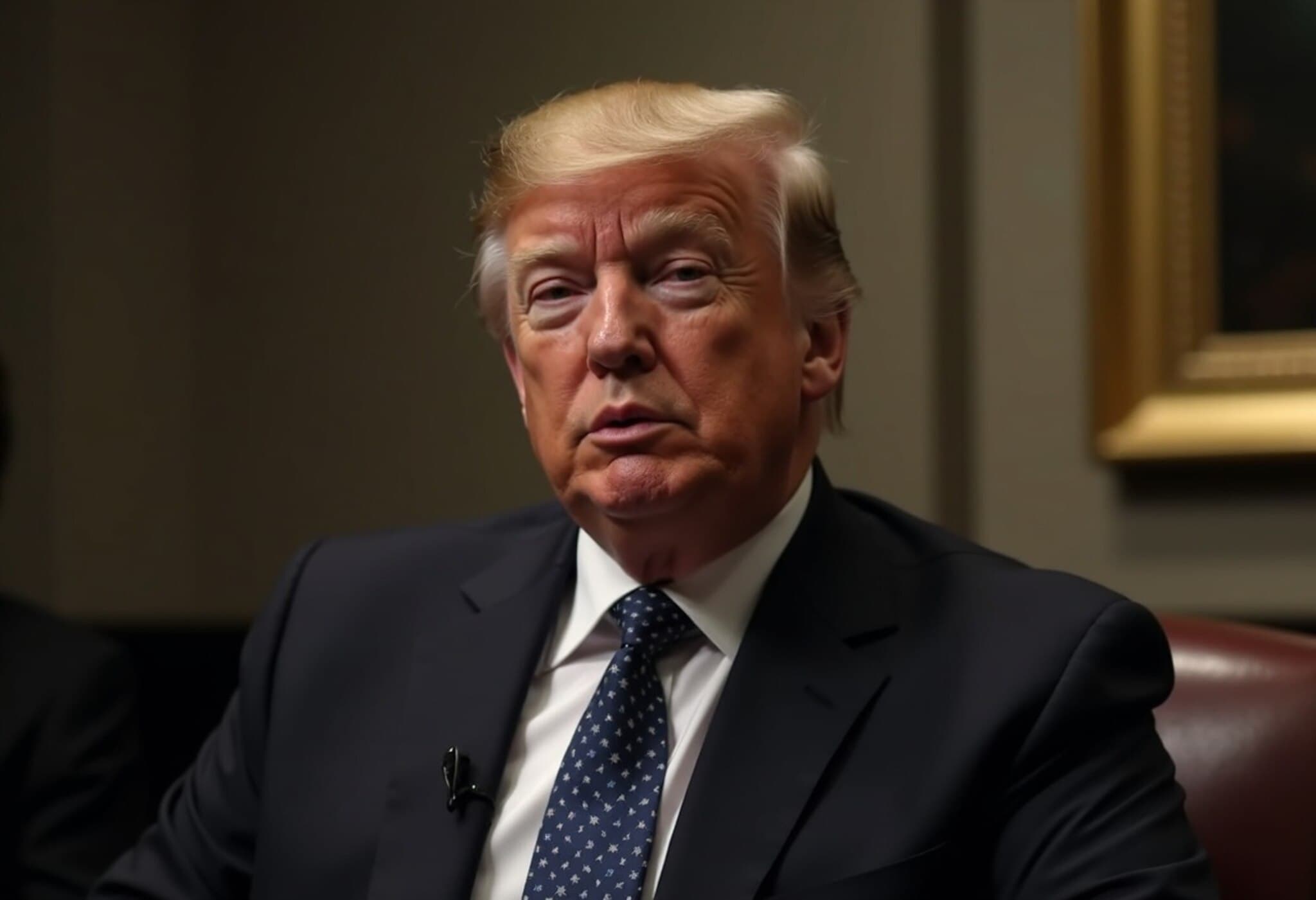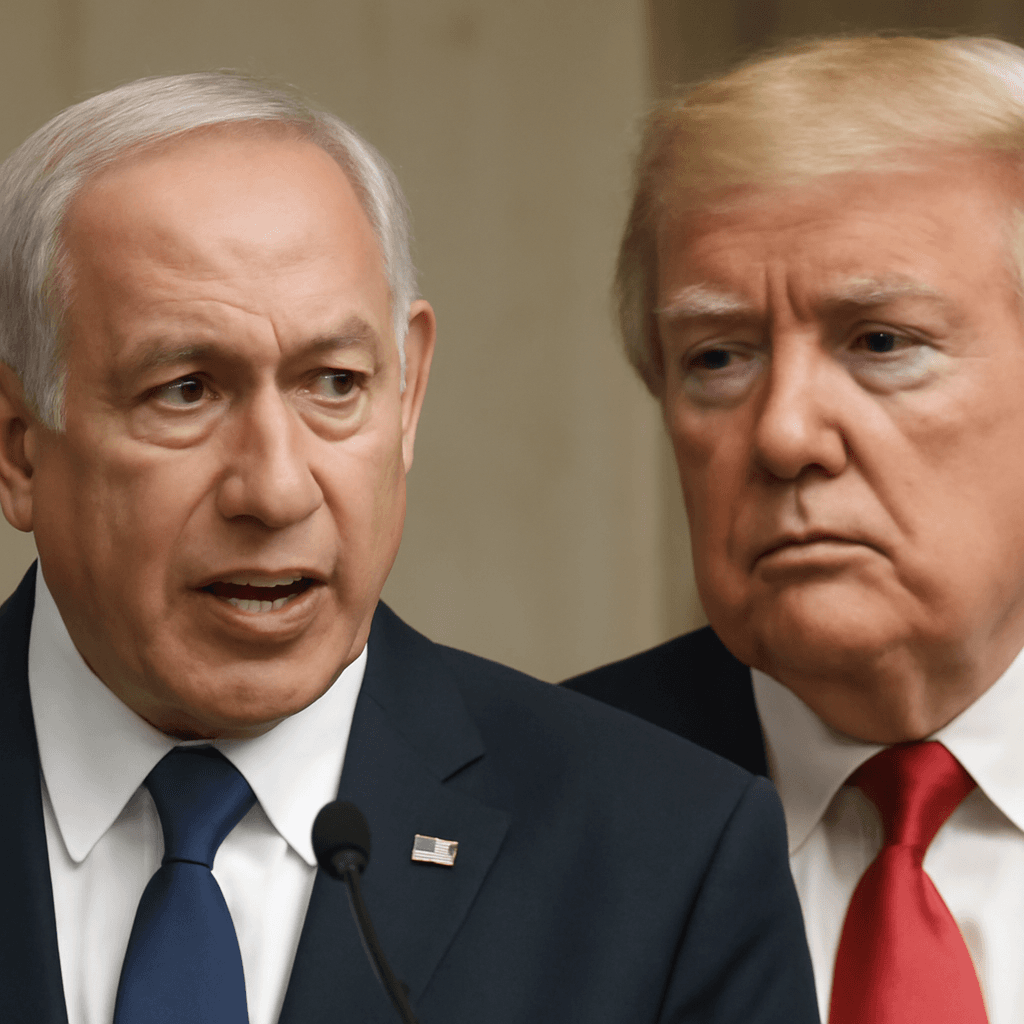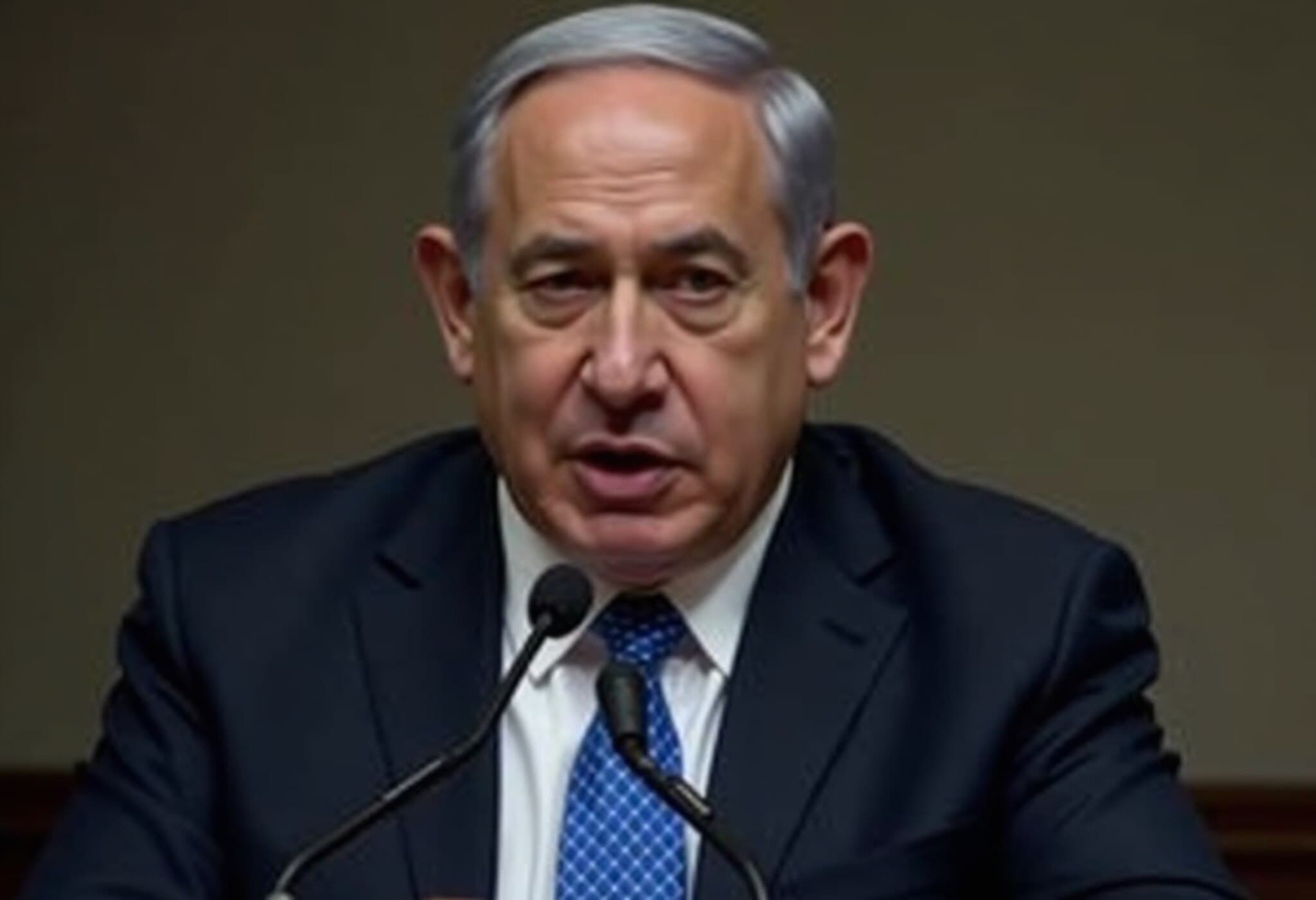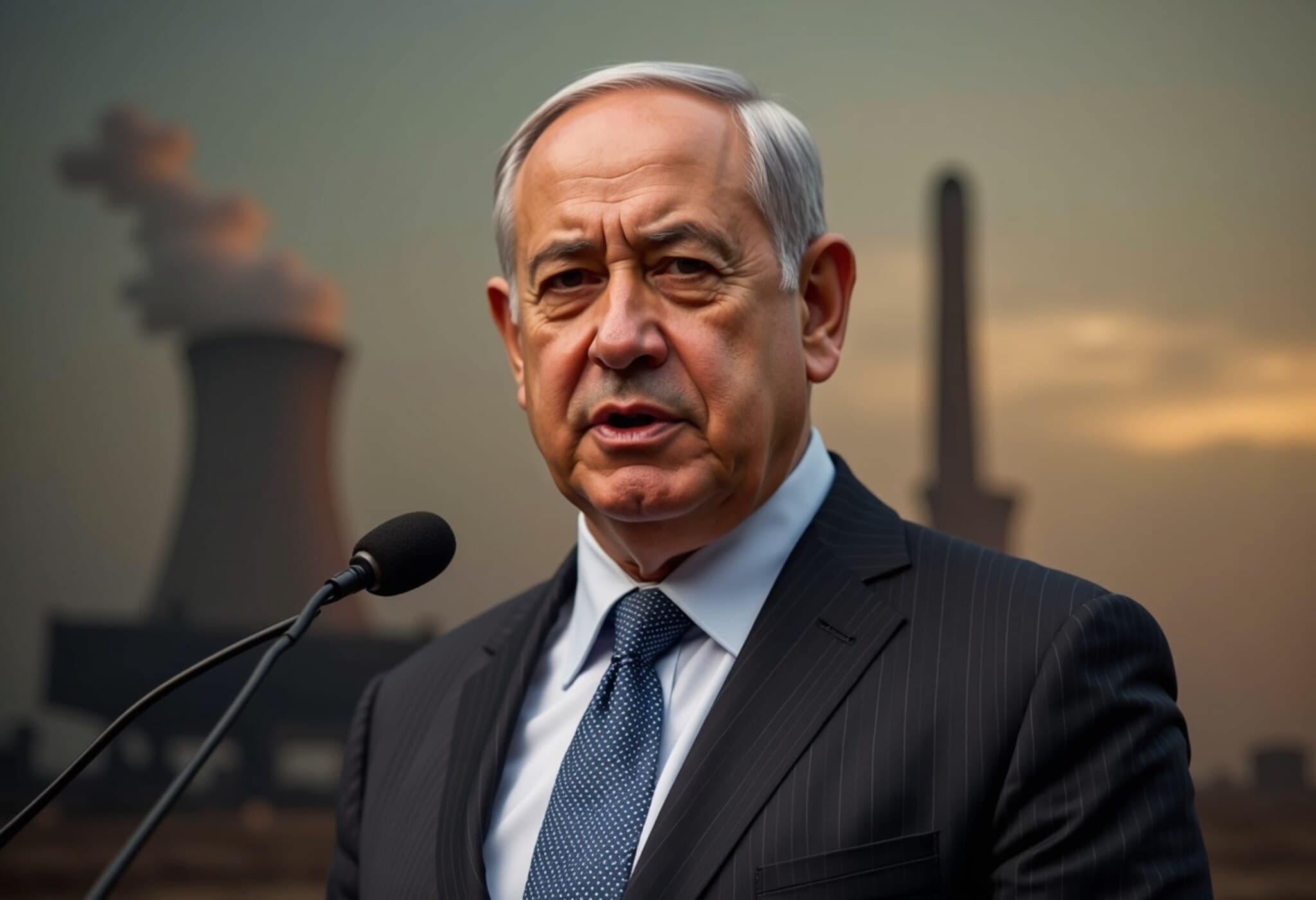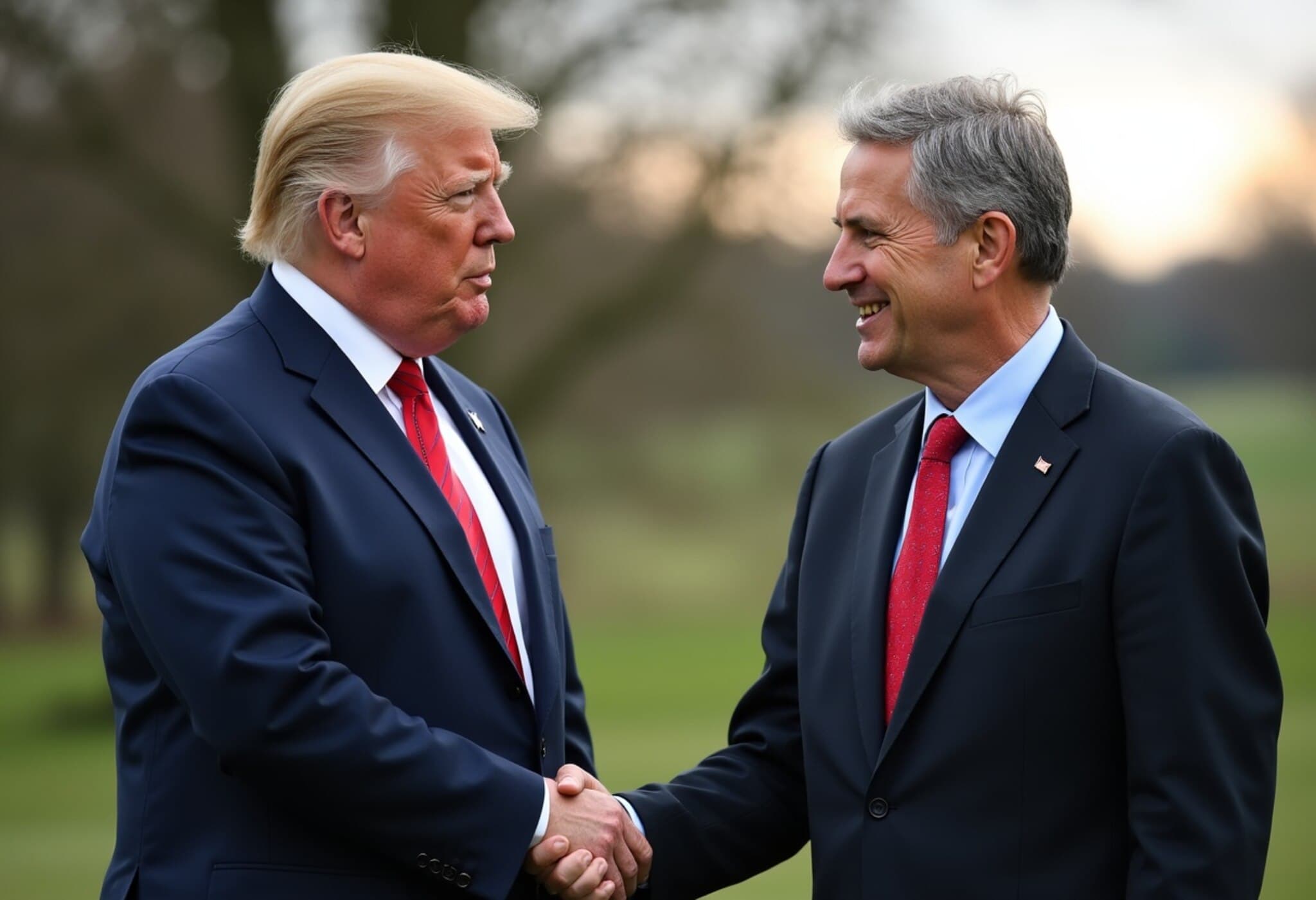Israeli Defence Minister’s Direct Threat to Iran's Supreme Leader
In a dramatic escalation of rhetoric and geopolitical tension, Israeli Defence Minister Israel Katz publicly warned Iran’s Supreme Leader, Ayatollah Ali Khamenei, of serious consequences if Tehran continues its hostile threats against Israel. Speaking at Israel’s Ramon Air Base, Katz conveyed a clear and forceful message to Khamenei, underscoring Israel’s readiness for severe retaliation. “If you continue to threaten Israel, our long arm will once again reach Iran, this time with even greater force—and it will reach you personally,” he said emphatically. “Do not threaten us, or you will be harmed.”
Background: Operation Rising Lion and the Regional Conflict
This warning comes in the aftermath of Operation Rising Lion, an Israeli military campaign that commenced on June 13 targeting key elements of Iran's nuclear and military infrastructure. Katz, speaking alongside Prime Minister Benjamin Netanyahu, praised the Israeli Air Force’s efforts in this operation, crediting it with neutralizing immediate threats emanating from Tehran.
Iran retaliated swiftly with its own Operation True Promise 3, sparking a 12-day armed conflict that culminated on June 25 with a ceasefire overseen by then-US President Donald Trump. The confrontation highlighted the perilous brinkmanship defining Israeli-Iranian relations and underscored the risk of a wider regional war.
Assassination Plots and Intelligence Insights
The conflict’s aftermath unveiled alarming claims: according to American officials and statements from President Trump, there were credible intelligence reports about an Israeli plan to assassinate Ayatollah Khamenei. Defence Minister Katz confirmed that the Supreme Leader was “marked” for elimination, though he supposedly evaded targeting by going underground.
This revelation casts light on the covert dimensions of the Israel-Iran hostility, which is not confined to open military engagements but extends into espionage and targeted strikes, raising serious questions about regional stability and international responses.
Expert Analysis: The Implications of Katz’s Warning
From a strategic standpoint, Katz’s explicit threat marks a significant shift from traditional deterrence postures to a more personalized warning to a high-profile leader—rare in modern geopolitics. The message is intended not only to deter Iranian aggression but to signal that Israel is prepared to escalate operations directly against Iranian leadership if provoked.
Experts in Middle Eastern security suggest this could indicate Israel’s intent to pre-emptively neutralize threats rather than respond reactively. However, such statements risk provoking Tehran further, potentially destabilizing an already volatile region. The role of the US, especially under the Trump administration’s mediation during recent conflicts, remains pivotal as a broker of ceasefire and a monitoring actor amidst these unfolding crises.
Underreported Angles and Broader Context
- The human cost: The article omits discussion of civilian impacts during these military exchanges, an important factor in understanding regional humanitarian concerns.
- Diplomatic efforts: Context on ongoing or stalled diplomatic initiatives involving other global powers, such as the UN or the EU, is notably missing.
- Legal considerations: The implications of assassination plots raise complex questions under international law and norms governing sovereignty and political violence.
Looking Ahead: The Fragile Balance of Power
As tensions simmer, it remains to be seen whether Katz's pointed ultimatum will deter further provocations or catalyze deeper conflict. U.S. involvement and international diplomacy may prove crucial in either de-escalating or inadvertently intensifying hostilities.
Editor's Note
The Israeli Defence Minister’s unambiguous threat to Ayatollah Khamenei signals a new, perilous chapter in Middle Eastern geopolitics, highlighting the razor-thin line between deterrence and escalation. Readers are left to ponder: how will this personalization of threats influence peace prospects? Will intelligence reports of targeted assassinations become a catalyst for broader conflict? This unfolding story invites close monitoring as it carries profound implications not just for the region but global security at large.

